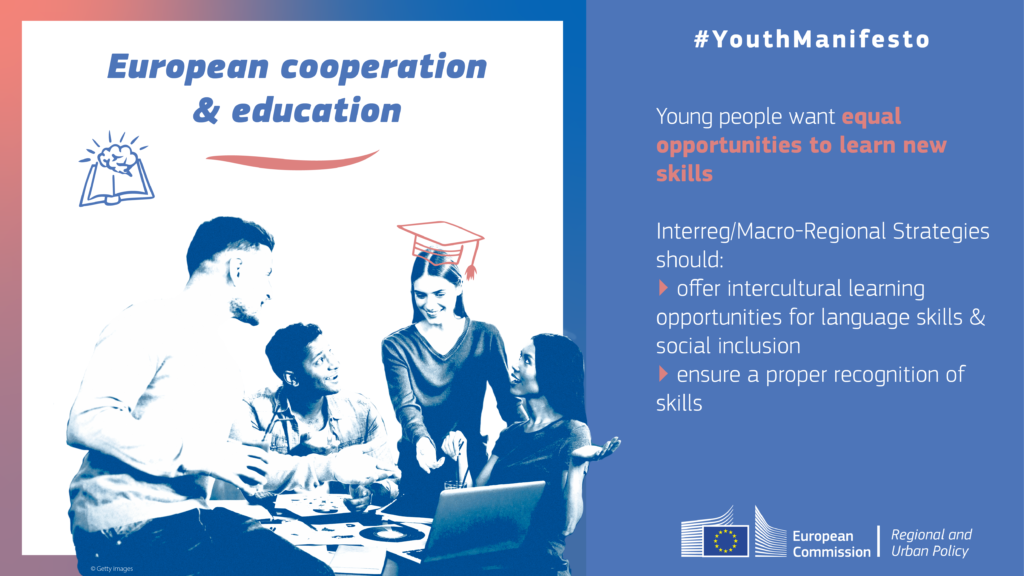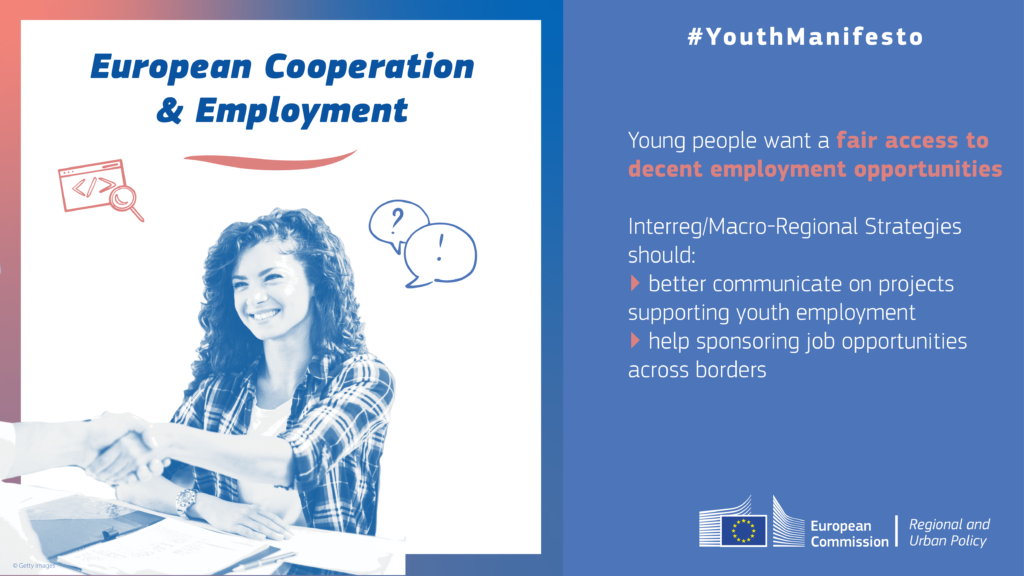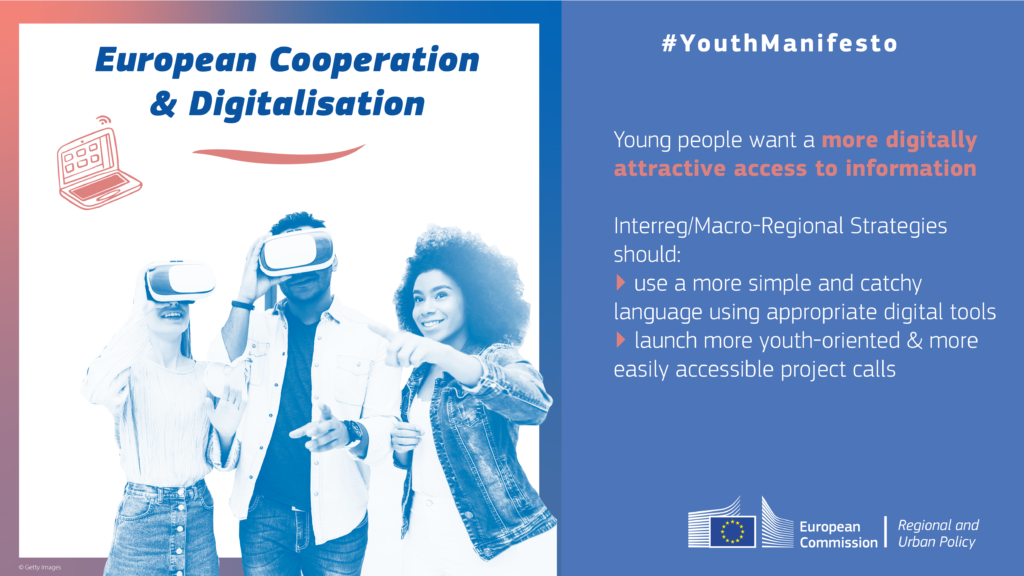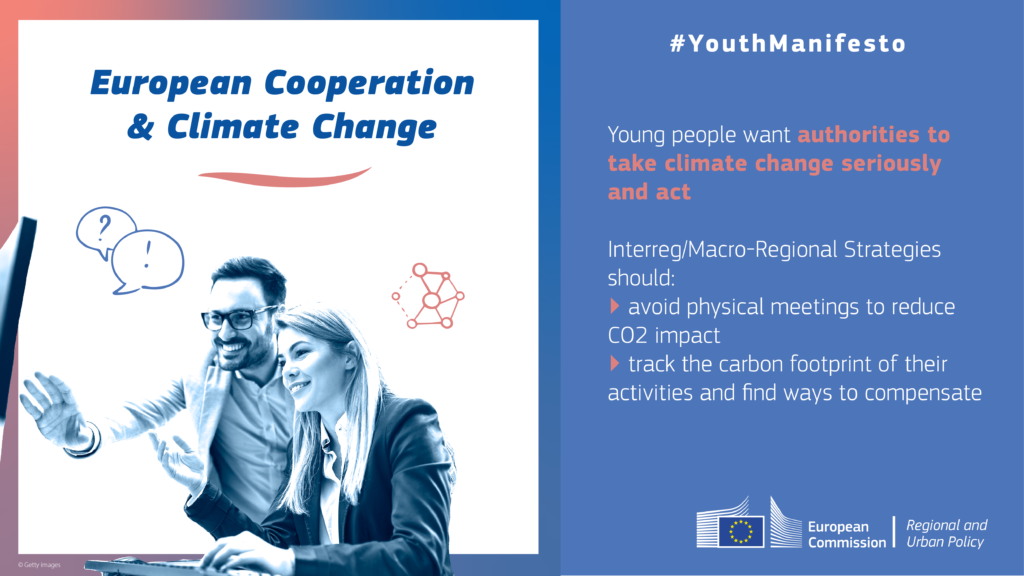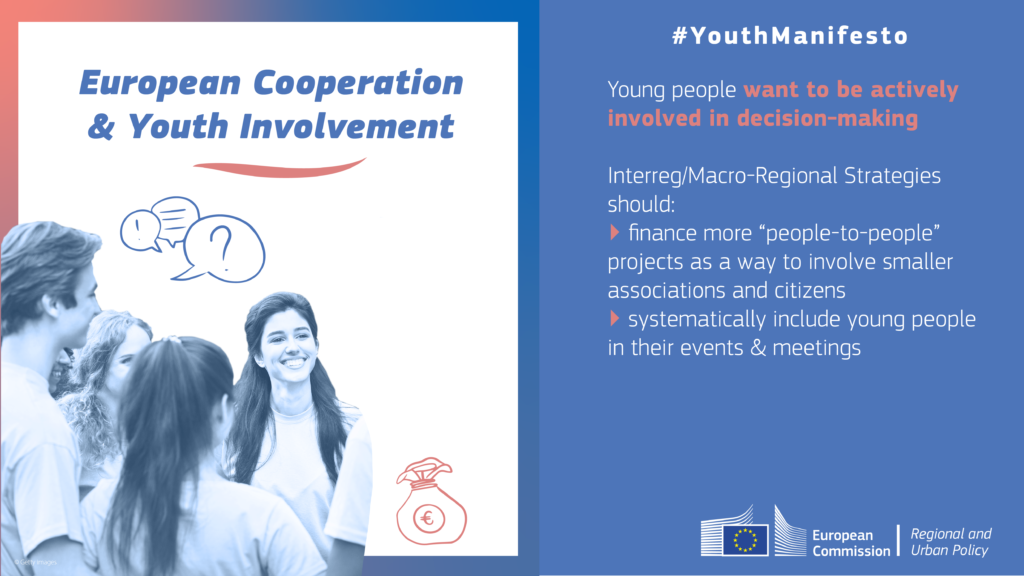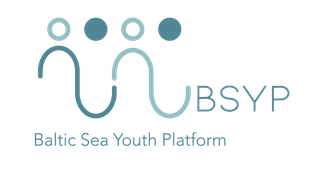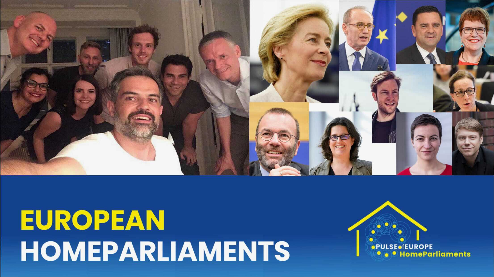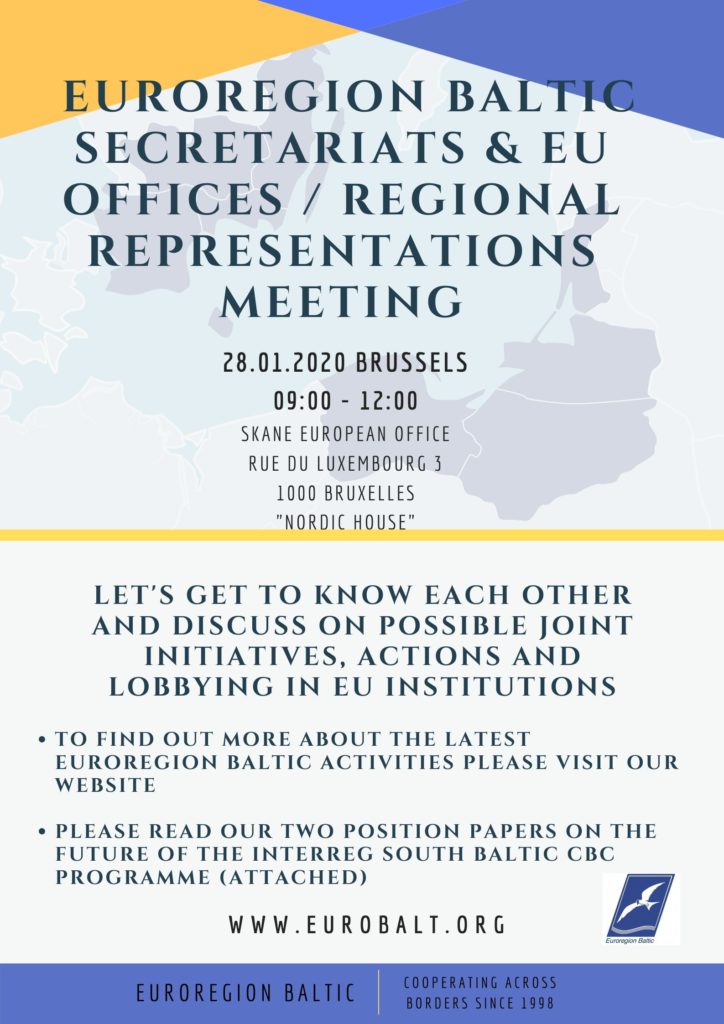A group of young Europeans has contributed to the publication of the “Manifesto for Young People by Young People to Shape the European Cooperation Policy” in October 2020, on the occasion of the 30 years of Interreg, which is the EU’s flagship scheme for cooperation across borders at the regional and national level, to the benefit of all EU citizens. The Manifesto is the result of a truly democratic and bottom-up process to involve young people in shaping the future of EU cohesion policy and especially of Interreg and the Macro-Regional Strategies (MRS).
Following targeted surveys, polls and online group discussions with young people from all over Europe, the Manifesto presents five areas of concerns for European youth especially linked to:
1) education and training opportunities;
2) employment and job market;
3) digitalisation;
4) climate change;
5) citizens’ engagement.
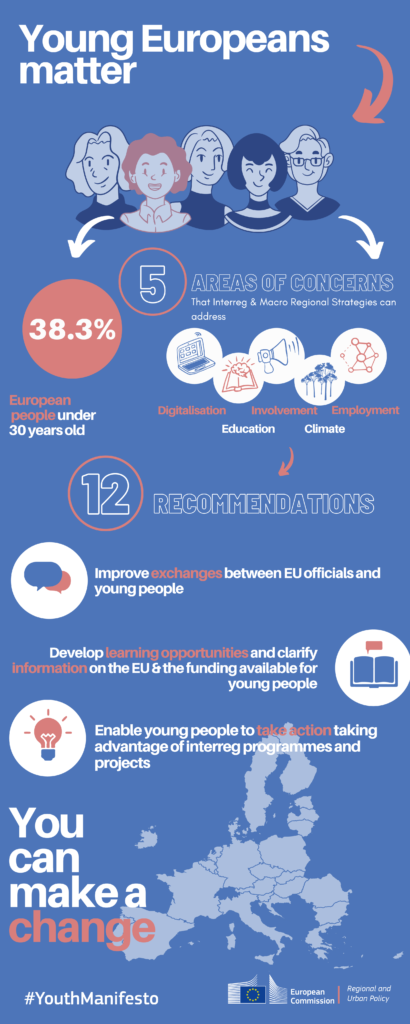
12 concrete recommendations are presented mainly addressing decision-makers and administrations at the EU, national, regional and local level to show what they can do to best address young people’s requests.
A core group of young people and organisations interested in European cooperation and/or citizens’, and especially young people’s, engagement, as well as European Commission’s staff, hold regular informal exchanges to best disseminate the Manifesto and ensure its proper follow up with the implementation of the 12 recommendations.
The Manifesto is in the hands of anyone interested in improving EU cohesion policy and especially its cooperation dimension. Being it for a young person, a politician or someone working in a local, regional or national administration, the Manifesto is a great tool to show that young people’s ideas can only improve the way we build a better, fairer and stronger EU for all. As such, young people’s voices must be heard!
All Interreg and Macro Regional Strategies actors are invited to implement the 12 recommendations and to further promote the Manifesto with their network!
